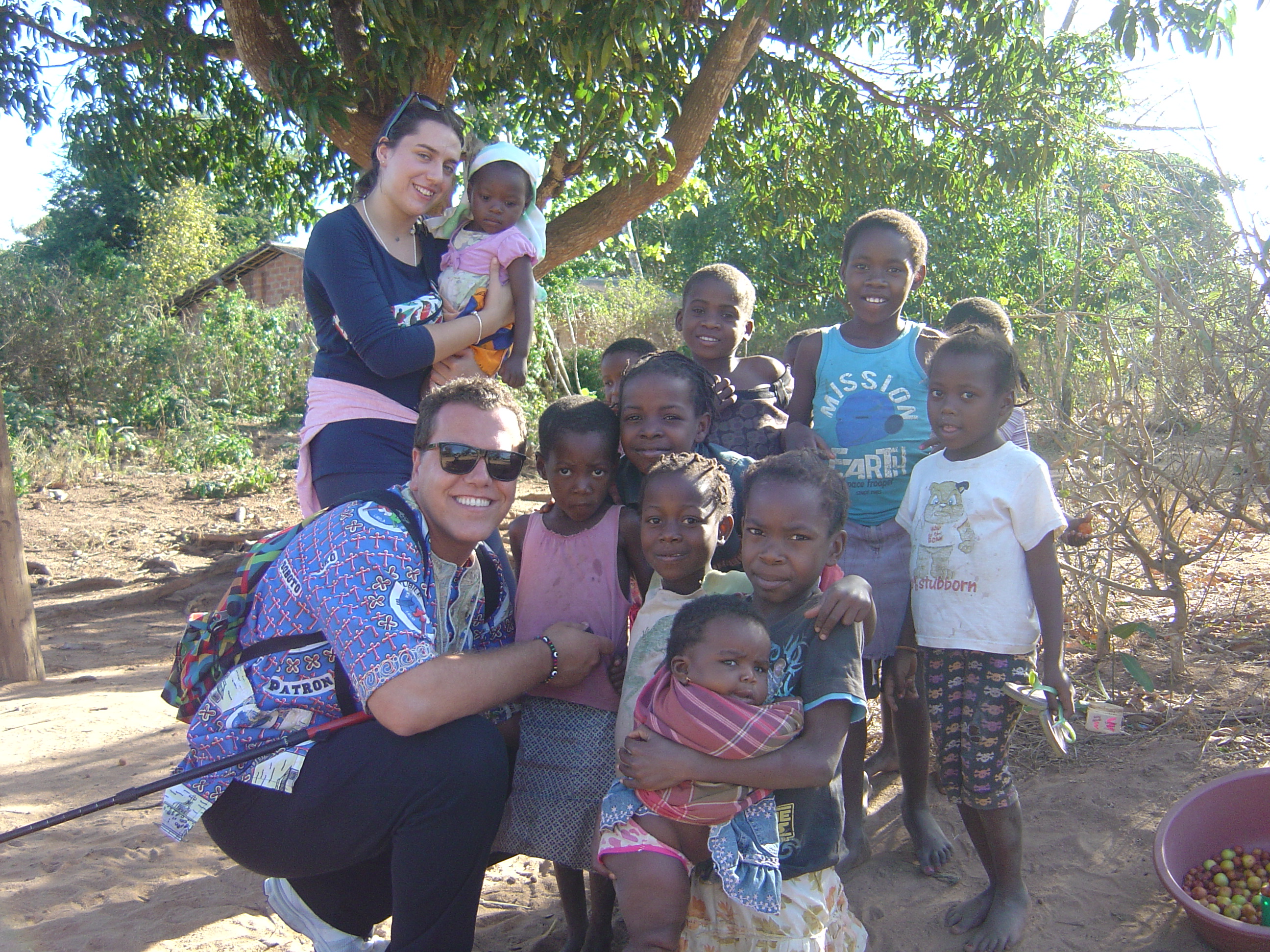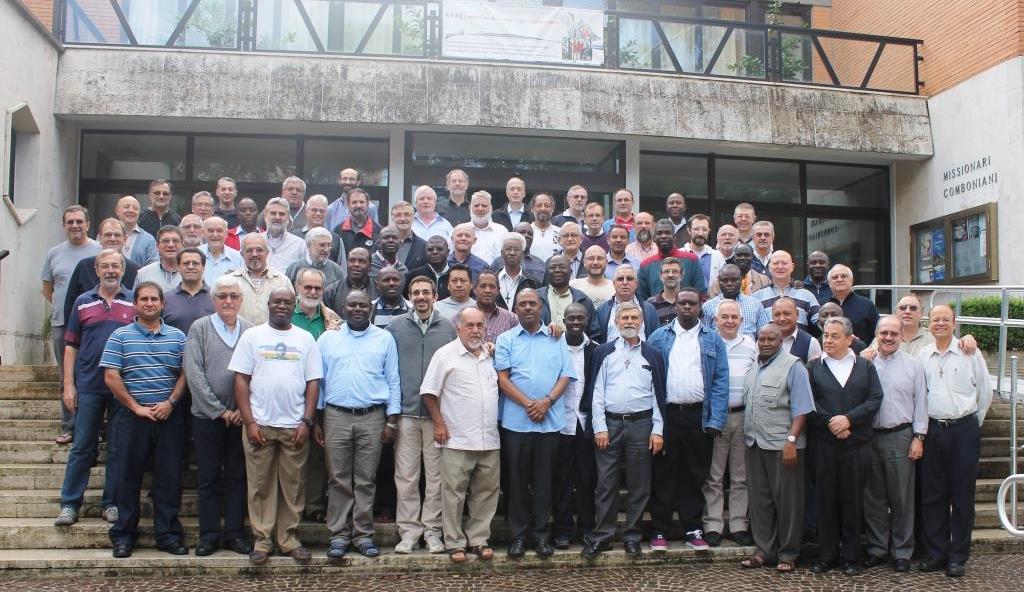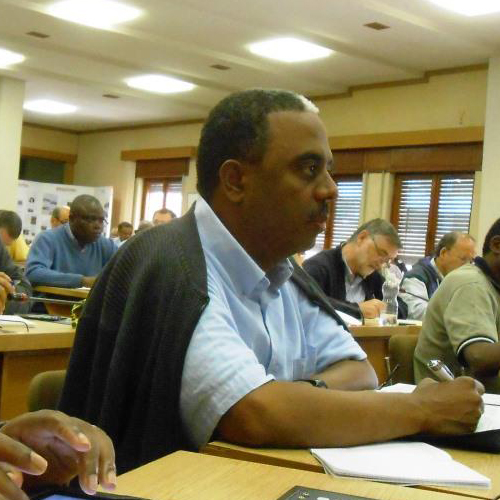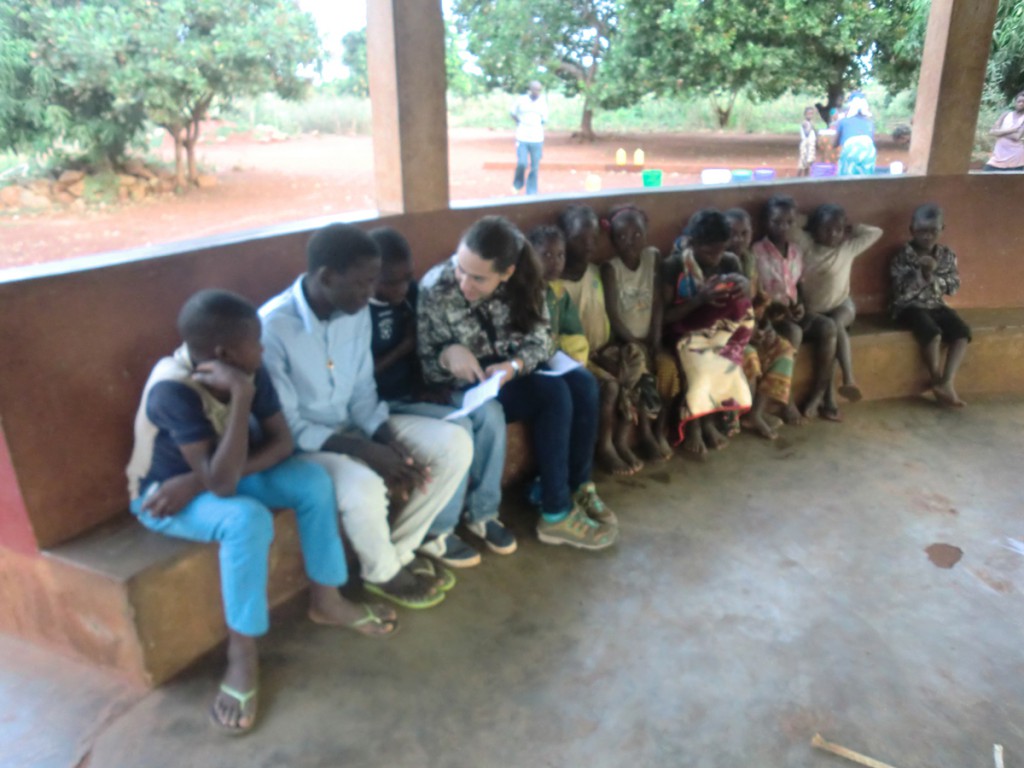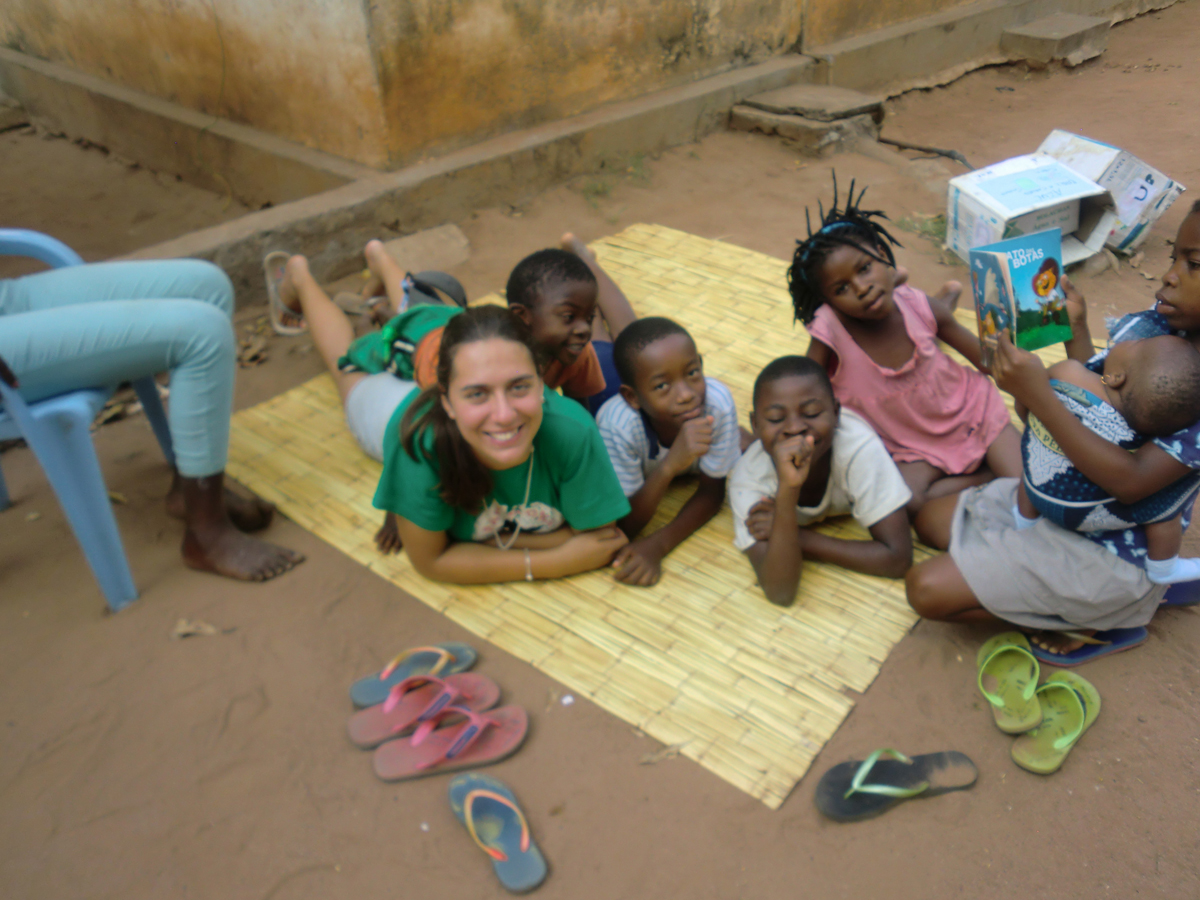The going of Jesus, as told in the Gospel of Sunday XXIII Ordinary Time, to a territory outside the Jewish tradition tells us that God’s concern is with everyone, not leaving anyone out. A deaf is brought before Jesus, he knows nothing about Him because he did not hear and, of course, could not seek Him by his own initiative. Who does not know Jesus we do not have to censor, but rather lead to Him.
On the way we did for the trip to Mozambique we went to meet those forgotten by society, I talk about the homeless and the poor, because, however much people are supportive, we forget the real suffering of these our friends, loneliness. How many times have told us that we were different, we brought a smile, a hug, a kind word…? The feeling that I wanted to take with me to Carapira. I did not know what I was going to find, but I took an open heart, cheerful, full of love to give. We must learn from Jesus to feel the problems of others and get involved in their solution. It was that feeling and purpose that we try to achieve, and the Fe and Mission group conducted. We open ourselves, we listen, look, get involved and engaged with students of the Industrial School of Carapira, with the missionary family (fathers, brothers, sisters, laity) and with the community of Carapira. Where I loved the beautiful work of everyone, especially Lay Missionaries, who are close to people, communities and their everyday problems, as well as students of the Industrial School of Carapira.
Every day we went to meet the community of Carapira, after praying Lauds (06:00), after the “mata bicho” funny expression means having breakfast, from 1:30 to 2:00 I stay with the kids, playing with them, wearing a smile, I helped the moms to draw water… to be with people, give them a hug and a kind word for everyone we met. I learned that those who have nothing of material goods, are the happiest, they do not care for physical appearance of the other, about the dress or the way we are, but they appreciate the joy of life and the ability to share the little things We have to each other.
Highlighting some important moments of my stay. I visited on a Friday with Father Firmino the community of Caserna, it was the day of baptism. I loved to participate in this beautiful celebration and a special culture, while Fr. Firmino confessed youth they were to be baptized, I went for a walk around the community, and in one of the houses, was a young man of 12 years, David, lying at the entrance, moaning in pain. After having asked what was going on and not getting response appeared young David’s mother, who informed me that he was bitten by an animal. David’s hand was very swollen, so I got scared and tried to warn the mother to go to the doctor, but she said they could not, they live far from the health center, and had no money to go by public transport, the only transportation that could take. I could not escape this situation, however, I took from the backpack drinking water to clean the hand of the young and offered him a piece of cake, which I have to eat if I was hungry, David loved to eat something sweet and so good.
When I got to the school of Carapira, I went to the house of the Lay Comboni Missionaries, and asked for help to Marcia, a laity working in this mission, Portuguese and from the District of Aveiro, who immediately offered to help David.
The next week I was with a group of five young of Carapira talking on the street, when suddenly I see a man carrying on his back a woman who was ill with malaria, and could not walk far. I asked the young people for help, to assist the man, but the response was negative, as was normal, the lady was with malaria… but I could not bear to see this situation without doing anything, so I helped him, the man took the woman in the back and it was leaning on my shoulders… that will not be very helpful, but I think it was useful. These are small gestures that can change the world.
What I liked least to live and see in Mozambique was the lack of conditions in relation to health, education and equal rights for women, which are considered inferior to men. But the joy, friendship, simplicity of these people are able to overcome any existing negativity, I want to emphasize “people’s education”, they are highly educated (they like greeting people), even without the right to education that many other peoples have.
We all had various responsibilities, some more heavies, other lighters, but all very important and meaningful for the mission. We live and work as a community. I thank all the people who greeted us, welcomed us, who trusted us… but above all the youth of the Industrial School of Carapira, the 3rd B, of which I felt closer and every day I remember them, I pray that they study, strive for a better future and do not forget that they can be what they want, they are not inferior to anyone.
I have lived a dream I will never forget. I can say “I smelled the Mission,” which helped me grow as a man and as a Christian. I want to come back!!
For this and for that, I ask the Lord to heal us of deafness and blindness, and put us in sincere communion with His love and with the world around us.
 See you son Carapira – Mozambique!
See you son Carapira – Mozambique!
Germano Ferreira




